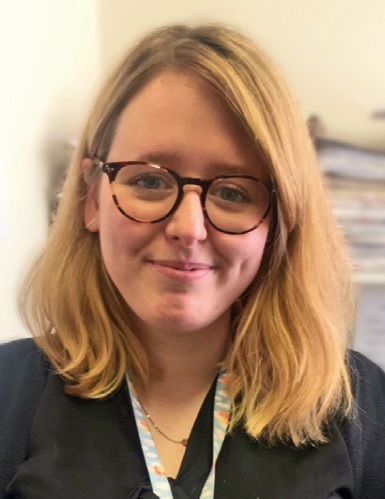10 things about ... Why PIP makes sense
In Insight
Follow this topic
Bookmark
Record learning outcomes
The growing importance of the role of pharmacist independent prescriber (PIP) role has led to the opening of a GPhC consultation on standards for their training. The consultation closes on 6 June 2018.

1. The scope of pharmacist independent prescribers
PIPs can prescribe any medicine for any medical condition, but must work within their own level of professional competence and expertise.
2. How many PIPs are there?
The GPhC has 5,355 independent prescribers on its register.
3. Pharmacy Integration Fund
The stated aim of the Pharmacy Integration Fund is to support the development of clinical pharmacy practice in a wider range of primary care settings, resulting in a more integrated and effective NHS primary care patient pathway. So far, IP qualifications have been awarded to up to 2,000 pharmacists in general practice, NHS 111/integrated urgent care centres and care homes.
4. Finding a course
To qualify as an independent prescriber, you must complete a GPhC-accredited programme. Accredited courses must meet the GPhC’s standards, but programmes vary in their content, the way they are structured and how they are taught and assessed.
5. Can all community pharmacists qualify?
A community pharmacist can become an independent prescriber if they meet the GPhC’s prerequisites for entry and successfully complete a PIP programme, although the present consultation may result in changes to that.
6. Fees and funding
Pharmacist prescribing courses are funded by Health Education England (HEE), although the option to self-fund is also available.
HEE funds training places for those offering services to NHS patients more than 50 per cent of the time, and has supported community pharmacy applicants. However, the Department of Health and Social Care states that there must be assurance that the individual can use their prescribing qualification as soon as they get it. For community pharmacists this usually involves the local support of a business case.
7. Time to train
Accredited IP programmes typically run over six months. The programme is part time and is often a combination of face-to-face teaching sessions and self-directed study. Some universities offer a distance-learning option, but all programmes will involve a minimum of 26 days of teaching and learning activity. Each pharmacist must also complete at least 12 days of learning in a practice environment while being mentored by a designated medical practitioner (DMP).
8. Building bridges with GPs
Rena Amin is joint associate director, medicines management, at NHS Greenwich CCG and clinical associate at Hartland Way Surgery in Croydon.
She qualified as an independent prescriber in 2006 and says working in this way is “most definitely a way to build good relationships with GPs. They want someone who can take workload from them, so having PIPs in their pharmacy helps immensely.”
9. What do patients think?
Feedback suggests that patients don’t have a problem with non-medics prescribing, as long as someone is helping them with their issue.
“I’ve been talking to patient participation groups to highlight that we are encouraging pharmacists’ work as IPs as part of the multi-disciplinary GP practice team,” says Dr Manir Hussain, head of medicines optimisation at NHS North Staffordshire and Stoke-on-Trent CCG and an independent prescriber working in a GP practice.
10. Personal and professional benefits
Ms Amin says becoming an IP has been liberating. “An autonomous role as an IP gets you involved in the ongoing care and management of a patient,” she says. “I feel I am making a tangible difference to a patient’s outcome, rather than simply doing medicines optimisation.”
“Being an IP allows me to reach the full potential of what I can do for a patient,” says Dr Hussain. “I can make the change happen while they are in front of me rather than passing them on to another health professional.”
Advice for community pharmacists who are interested in the PIP role

Hazel Jones qualified as a pharmacist in August 2015 and works at City Hospital Sunderland NHS trust as an emergency-care pharmacist. This environment spurred her interest in independent prescribing and she is now enrolled on the Practice Certificate for Independent Prescribing at Sunderland University.
“I decided to train as an IP because I want to be able to help with medicines reconciliation of critical medicines in the emergency-care setting,” she says. “As a prescriber I will get to help patients access medication as soon as possible, especially as waiting times are at an all-time high.”
Once qualified, Ms Jones says she is looking forward to using this added insight into prescribing practice to help colleagues with queries and help supervise junior pharmacists and students.
“It is a great step in my career and opens up a lot of opportunities for new job roles for pharmacists in primary and secondary care,” she says. “Plus, the more that we take an active role in prescribing, the better our role will be perceived.”
And her advice for community pharmacists thinking about qualifying as IPs? “Commit to making the most from the course, and remember the 90 hours supervised is a minimum not a maximum, so try to spend as much time with your DMP as possible,” she says.
